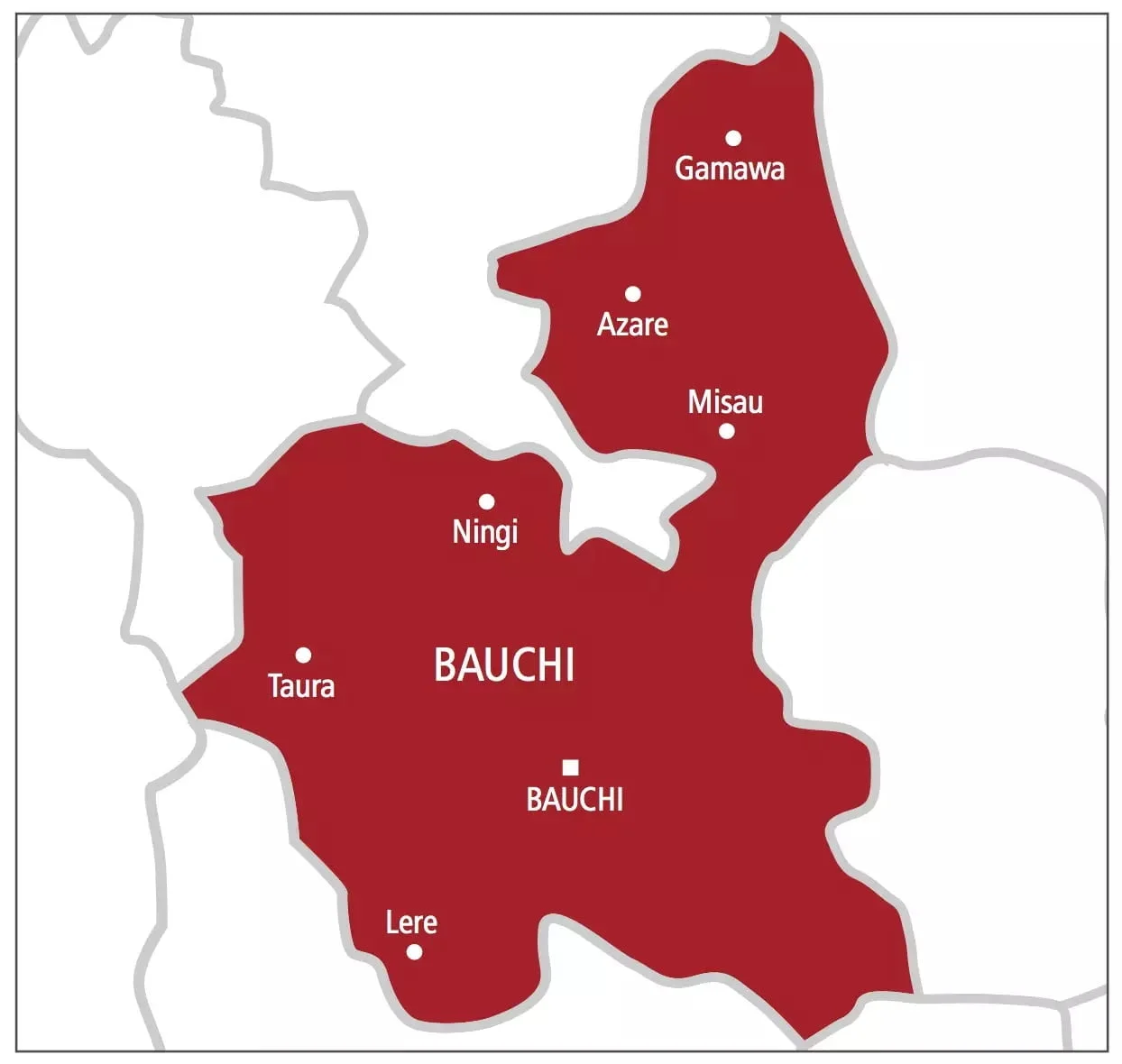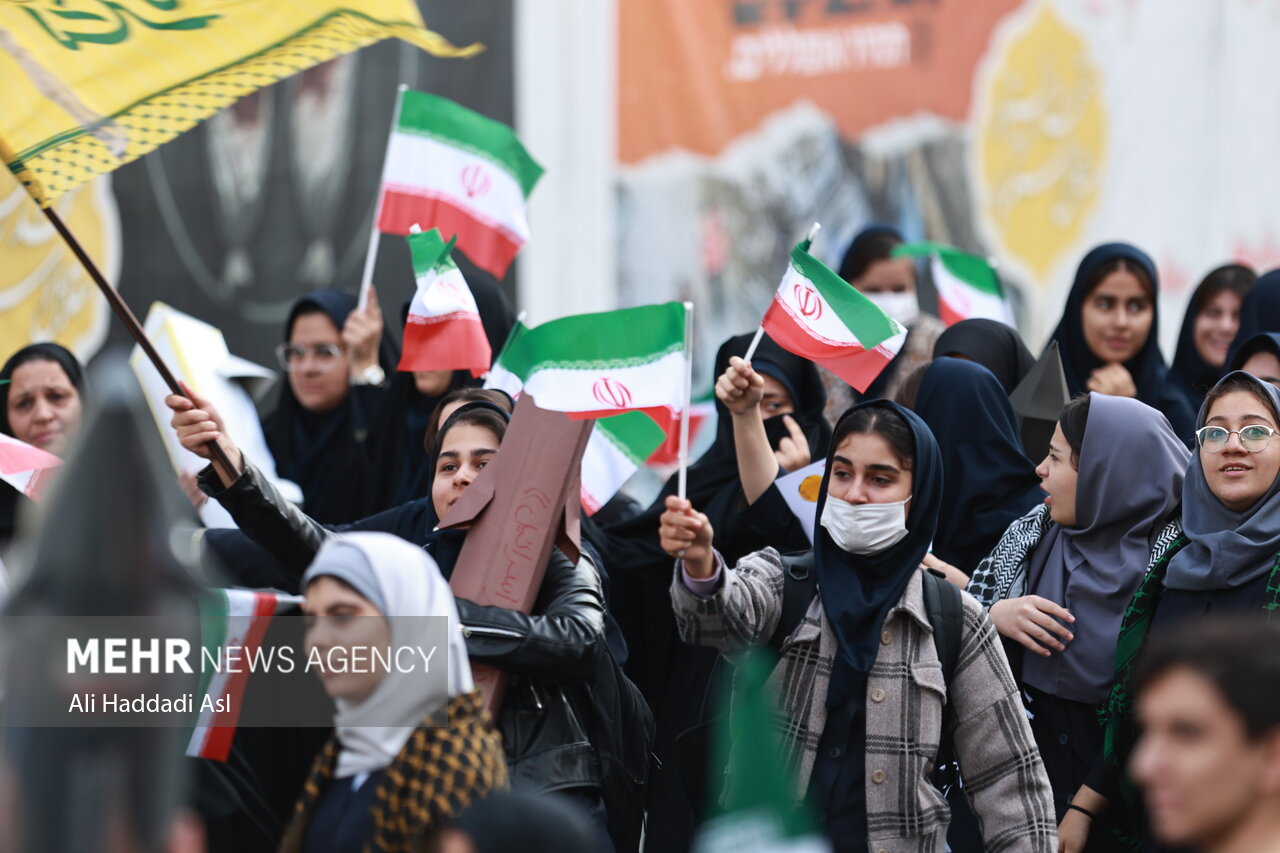Copyright ghanamma

The International Monetary Fund (IMF) has projected that Ghana’s non-oil revenue will improve by about 0.6 percent of GDP in 2026, reflecting the impact of ongoing fiscal and tax reforms introduced by the government. Speaking on on with Bernard Avle on Monday, November 3, the IMF Resident Representative to Ghana, Dr. Adrian Alter, said the government’s fiscal strategy remains focused on maintaining discipline under the Fiscal Responsibility Act while boosting domestic revenue mobilisation. “In line with the Fiscal Responsibility Act, the IMF has advised the Government of Ghana to adopt prudent fiscal measures, basically focusing on maintaining the 1.5 percent primary surplus on a commitment basis,” Dr. Alter said. He explained that to sustain this fiscal position, the government must mobilise domestic revenue more efficiently and ensure that public spending is well-targeted, particularly in priority areas such as health and education. Dr. Alter noted that the authorities are advancing comprehensive Value Added Tax (VAT) reforms aimed at broadening the tax base, simplifying structures, and improving efficiency in revenue collection. “If everything goes according to our forecast, we see an improvement in the non-oil revenue to GDP ratio of about 0.6% of GDP in 2026. That will reflect the fiscal measures introduced by the government—such as the Fuel Levy and Growth and Sustainability Levy reforms—which have not yet taken full effect, as well as tax administration improvements,” he said. He emphasised that strengthening tax administration and improving compliance, particularly through better risk management at the Ghana Revenue Authority (GRA), are critical to achieving sustainable revenue growth. “These are key to making revenue collection more efficient and ensuring better compliance,” he added. The IMF continues to work with Ghana under its Extended Credit Facility programme, which aims to restore fiscal stability, enhance revenue mobilisation, and ensure efficient public spending.



